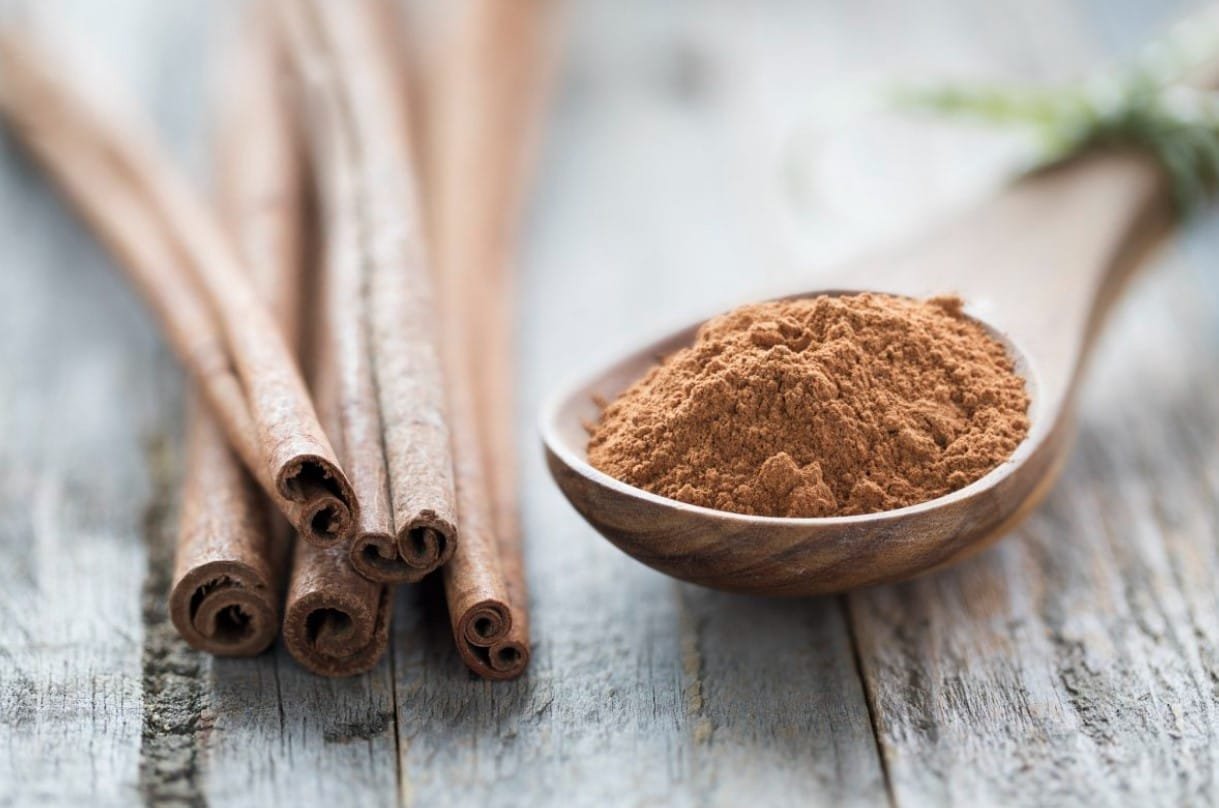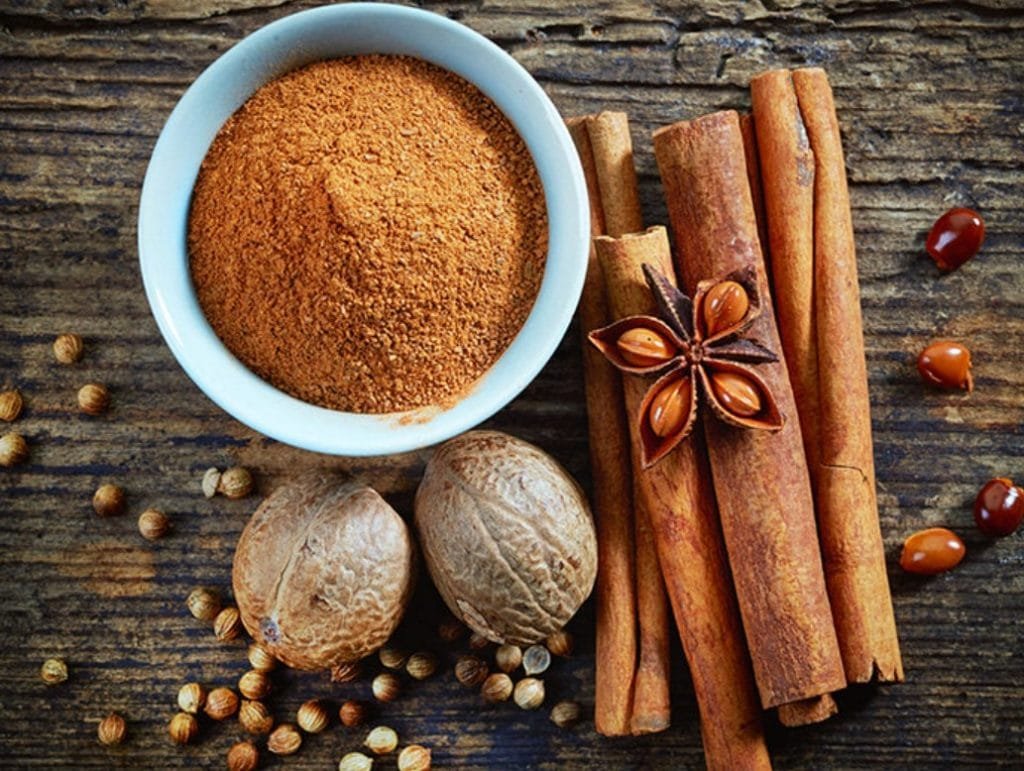What are the Benefits of Cinnamon? Cinnamon, one of the most popular spices, has been used all over the world for centuries. This spice, which was once bought and sold as currency, attracts attention with its pleasant taste and warming warm scent. It is especially known for the pleasant aroma it adds to meals.
Cinnamon is a spice obtained from the inner bark of a small evergreen tree. First the bark is peeled and left in the sun for a while to dry, where it is curled into rolls known as cinnamon sticks. Cinnamon is also available in powdered form.
Things to Know About Cinnamon
Once more valuable than gold, cinnamon today is much more than aromatic bark. It can be more valuable than gold, especially when it comes to its health benefits. Research on cinnamon is still ongoing. While preliminary studies are promising, better designed experiments need to be completed. However, several benefits are known that look particularly promising. For example, a pinch of cinnamon can combat common problems such as diabetes.
Traditional for centuries Ayurvedic Cinnamon is used as an herbal medicine in Chinese and Chinese medicine and is known for its benefits in connection with digestion, stomach and intestinal complaints. It has long been used at home for heartburn, indigestion and nausea. A 2011 systematic research review highlighted dozens of "folkloric" benefits of cinnamon, from skin problems such as acne to sexuality.
But much of this has not yet been confirmed by modern science. Naturally occurring in cinnamon cinnamaldehyde a substance called cinnamon is the main source of all the benefits. Thanks to this substance, cinnamon has an important function in the human body. Now let's take a closer look at the benefits of cinnamon!

What are the Benefits of Cinnamon?
- May help treat type 2 diabetes
The most promising research to date on cinnamon is linked to type 2 diabetes. Although there is no definitive cure for this disease, it can be used as an important tool in managing its symptoms. For example, for people with type 2 diabetes, it can lower blood pressure and have a positive effect on blood markers. In addition, it can significantly reduce insulin resistance. In fact, it has a stronger effect than most prescription drugs.
It is very important to increase insulin sensitivity in the body. While this sensitivity is innate in those without type 1 diabetes, it gradually decreases as we age and consume more sugar. As a result, sugar floats in the blood, causing diabetes and other health problems. Cinnamon, which is completely non-toxic, repairs the receptors to respond to insulin again. Over time, sugar levels return to normal thanks to the increase in insulin sensitivity.
- Regulates metabolism
In addition to its possible beneficial effects on type 2 diabetes, cinnamon is also highly effective in the management of metabolic diseases. A 2016 literature review showed that cinnamon may be effective in reducing blood pressure, plasma glucose, obesity and dyslipidemia, as well as reducing complications, morbidity and mortality in metabolic syndrome.
While these possible effects of cinnamon are certainly promising, they have not yet been scientifically proven. However, it is a fact that cinnamon can also be used as an appetite suppressant for those with sugar addiction thanks to its natural taste.

- Regulates cholesterol levels
Even if you don't suffer from diabetes or metabolic disorders, cinnamon can benefit you in many areas. The positive effect on the symptoms of type 2 diabetes is due to a number of factors, in particular "improving serum glucose, lowering fasting blood sugar and lowering triglycerides, LDL cholesterol and total cholesterol".
These are all benefits that can help even those without diabetes, including those with inherited cholesterol concerns or problems. Regular cinnamon intake can help to mitigate the effects of high-fat meals by slowing the rise in blood sugar after a meal. Cinnamon is therefore great for lowering cholesterol.
In addition, although a 2013 scientific study found promising links between cinnamon and low cholesterol, studies so far have not been able to prove this information. More research is needed to prove this conclusively.
- Cinnamon has antimicrobial properties
Cinnamon has been proven to fight fungal, bacterial and viral elements in food: In the Middle Ages, when food spoilage was much more frequent due to lack of refrigeration, it is not surprising that many recipes, both sweet and savory, were flavored with cinnamon. Many experts say that thanks to its antimicrobial properties, cinnamon can be used to treat everything from lung problems to the common cold.

- Fights HIV
Cinnamon's antimicrobial properties extend to viruses. This suggests that it may help fight HIV. Research shows that cinnamon extract can help fight the HIV virus by preventing the virus from entering cells. Therefore, cinnamon extract could potentially contribute to HIV management.
A 2016 study found that a substance derived from cinnamon can block viral entry. This study is one of the most promising approaches to prevent HIV from turning into AIDS. More scientific studies are needed to prove this conclusively.
Other benefits of cinnamon:
- It can be used in the treatment of fungus.
- It can minimize the symptoms of Alzheimer's and Parkinson's.
- It combats chronic diseases.
- It can be used in the treatment of polycystic ovary syndrome.
- It can improve the level of antioxidants in the body of overweight or obese individuals.
- It is good for eye health.
- Anecdotal evidence suggests that cinnamon is a natural insect repellent.
Conclusion
What are the Benefits of Cinnamon, we answered the question clearly. Cinnamon can be safely consumed by almost everyone. You can either drink cinnamon tea or put it in detox water and benefit from its edema-removing effect. Or you can use it as a sweetener in meals, desserts and various drinks. The answer to the question of whether cinnamon makes you lose weight is yes! When consumed regularly, cinnamon can help you lose weight. But it is not enough alone. How often do you use cinnamon? Don't forget to share your experiences with us!
Some of our titles that may interest you:
Benefits of Quinoa Tea: The 5 Most Important Benefits!
What is Matcha Tea? What are the Benefits? At least 5 Benefits!
What are the Benefits of Blueberries? 10 Proven Benefits!
Slimming Foods and Drinks | 8 Foods That Give Amazing Results



